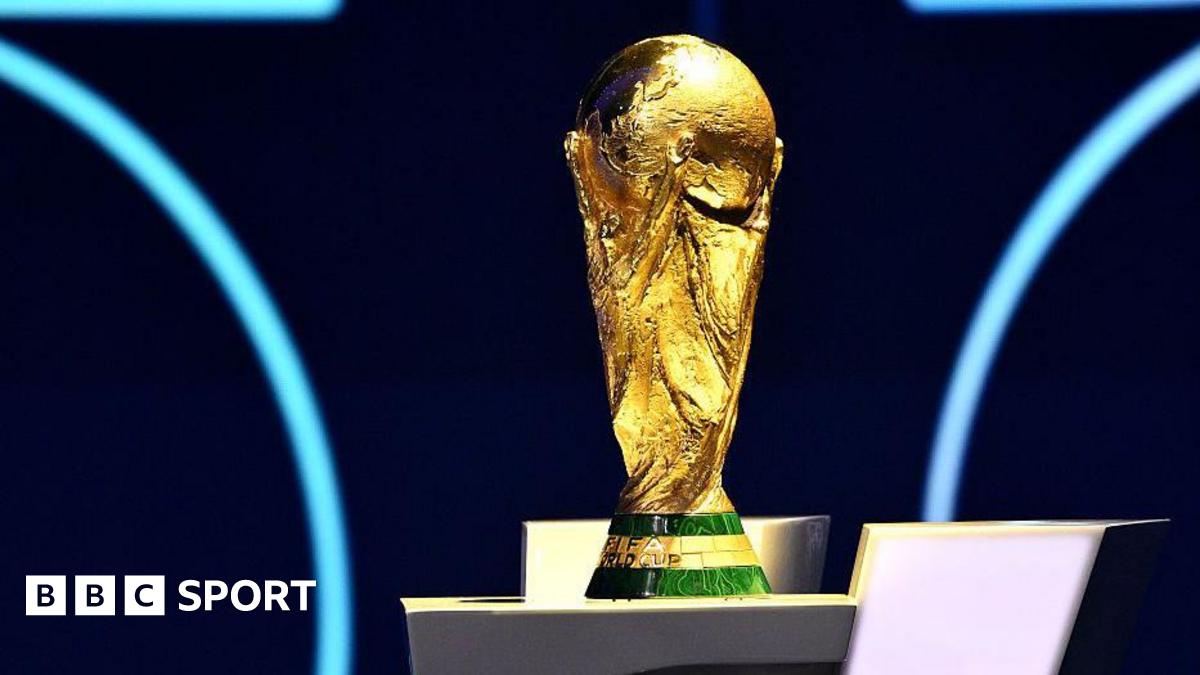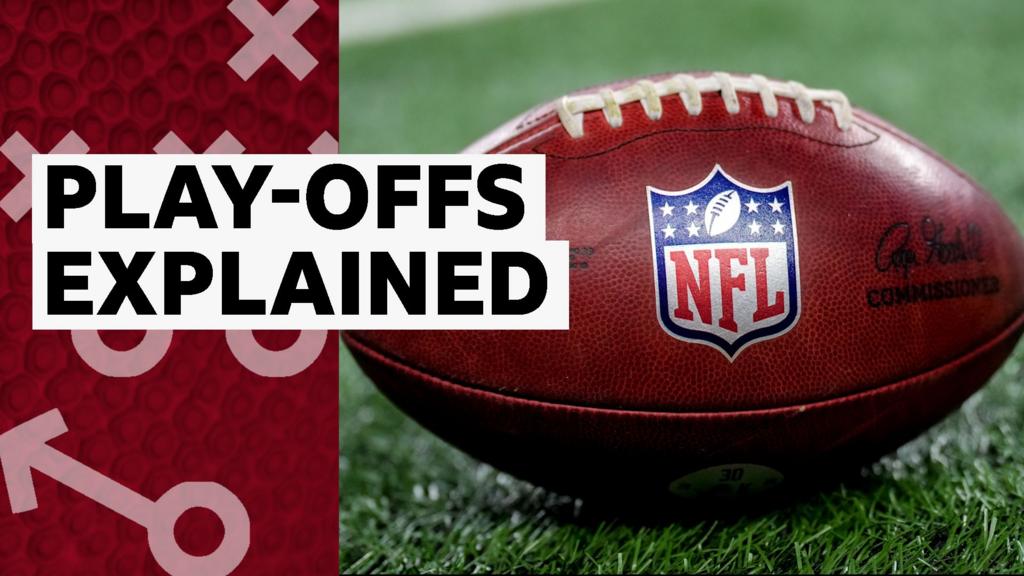The Professional Footballers’ Association and the Premier League have launched a new brain health fund.
The PFA will make an initial £1m available to assist former players and their families who have been impacted by dementia and other neurodegenerative conditions.
PFA chief executive Maheta Molango said: “This is an important step forward.
“We continue to believe there needs to be a football-wide responsibility.
“That includes providing access to financial support for former players and the families who most need it.”
A group of 30 former footballers and their families, including relatives of 1966 World Cup winner Nobby Stiles, launched legal action against football’s governing bodies in November, claiming they had failed to protect them from brain injuries.
They accused the Football Associations of England and Wales as well as the International Football Association Board of “failing to take reasonable action” to reduce blows to the head.
The PFA and Premier League are seeking to establish a charity – alongside other football stakeholders – with a view to being a “longer-term vehicle for support”.
Ex-professional footballers – who have been members of the PFA and have a diagnosed neurodegenerative disease – will be eligible to make applications for financial support and a new independent panel, made up of experts in neurology, nursing and social care, will assess those claims.
“The welfare and care of players has always been a priority for the Premier League, and we feel it is important to offer our support to this newly established brain health fund,” said Premier League chief executive Richard Masters.
“The fund builds on our long-standing partnership with the PFA and strengthens our collective support for former players facing health challenges.”
A recent study by the University of Nottingham, that was commissioned by the Football Association and PFA, found footballers are almost three-and-a-half times more likely to be diagnosed with dementia than the general population.
The research revealed 2.8% of retired professional footballers in the study reported medically diagnosed dementia and other neurodegenerative diseases, compared to 0.9% of non-players.






















